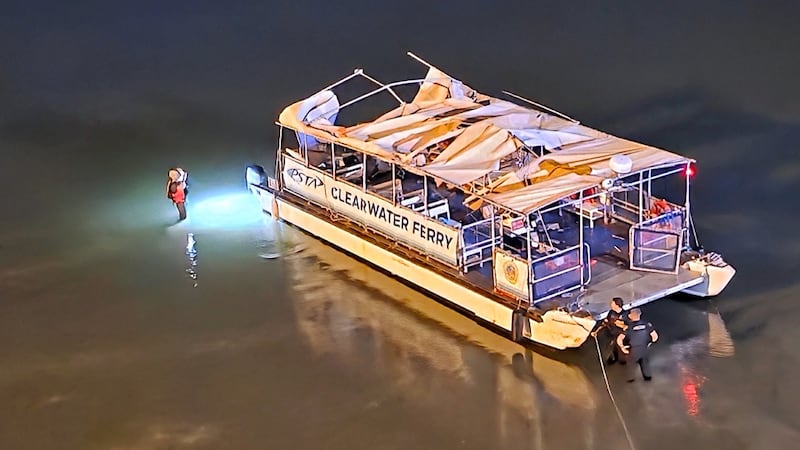A drunken driver and her passenger who crashed into a power pole have the right to sue the power company, the Washington State Supreme Court decided.
The case came after the drunken driver’s passenger filed a lawsuit saying the power pole was improperly placed.
In summer 2005, Nathan Lowman and Jennifer Wilbur were drinking at the Country Corner Bar and Grill in Skagit County. Wilbur left along a curvy two-lane road with a 25 mph limit.
The State Patrol said she was traveling at least 34 mph when her car left the roadway and hit a power pole. Court documents show she had nearly twice the legal limit of alcohol in her system. Wilbur pleaded guilty to vehicular assault, a Class B felony.
But the power pole was 4.47 feet from the road edge. A Skagit County engineer said placement standards for the road included a 10-foot clear zone.
Lowman, who had permanent disfigurement of his right arm according to court documents, brought a negligence claim against Wilbur, Puget Sound Energy, Skagit County and others. A trial court dismissed Lowman's claims on the basis that the alleged negligent placement of the utility pole wasn't a legal cause of Lowman's injuries.
A dissenting argument was that Washington taxpayers should not be forced to pay massive judgments to criminal motorists who cause injuries to themselves or their passengers.
But the State Supreme Court disagreed.
"Whatever the reasons for a car's departure from a roadway, as a matter of policy we reject the notion that a negligently placed utility pole cannot be the legal cause of resulting injury," Justice Debra Stephens wrote in the opinion. Six other justices concurred.
"If a jury concludes that Lowman suffered injuries within the scope of the duty owed to Lowman – i.e. that his injury was not too remote – then there is no basis to foreclose liability as a matter of legal cause."
KIRO








